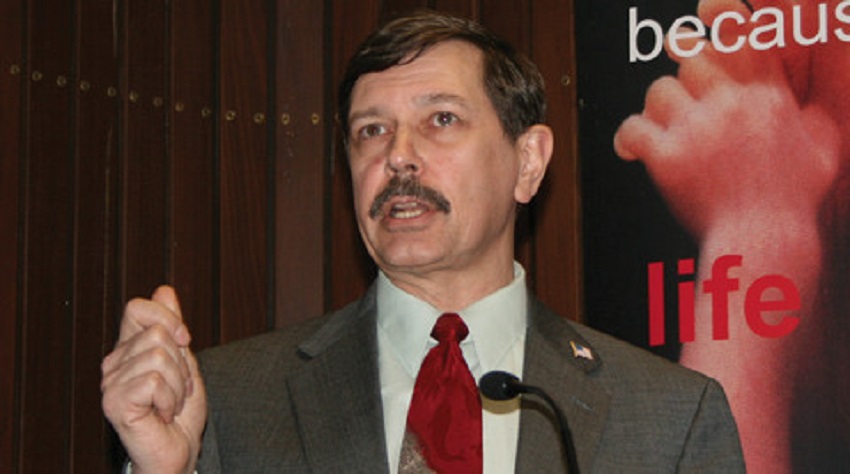- Home
- Learning Centre
- Pro Lifers
- Dr. David Prentice

Dr. David Prentice
Dr David Prentice is a Stem Cell Expert and is a Senior Fellow for Life Sciences at Family Research Council.
He received his Ph.D. in Biochemistry from the University of Kansas, and was at Los Alamos National Laboratory and the University of Texas Medical School-Houston before joining Indiana State University, where he served as Acting Associate Dean of Arts and Sciences, Assistant Chair of Life Sciences, and was recognized with the University's Distinguished Teaching Award and Distinguished Service Award.
He is a Founding Member of Do No Harm: The Coalition of Americans for Research Ethics, a Fellow of the Wilberforce Forum Council for Biotechnology Policy, a Fellow of the Institute on Biotechnology and the Human Future, and an Advisory Board Member for the Center for Bioethics and Human Dignity.He received the 2007 Walter C. Randall Award in Biomedical Ethics from the American Physiological Society, given for promoting the honor and integrity of biomedical science through example and mentoring in the classroom and laboratory.
His research interests encompass aspects of cell growth; one major focus is adult stem cells. Dr Prentice is an internationally-recognized expert on stem cells and cloning, and has testified before the U.S. Congress, numerous state legislatures, the U.S. National Academy of Sciences, the President's Council on Bioethics, European Parliament, British Parliament, Canadian Parliament, Australian Parliament, German Bundestag, French Senate, Swedish Parliament, the Vatican, and the United Nations.
Dr Prentice was selected by the U.S. President's Council on Bioethics to write their comprehensive review of adult stem cell research. His defense of Adult Stem Cell Treatments with extensive literature documentation was published by Science in January 2007. Dr Prentice continues to be one of the leading experts in Stem Cells and is a strong and vocal advocate for the use of Adult Stem Cells, as they are the most effective and ethical treatment, as opposed to embryonic stem cell treatments, which are unethical and have had no positive results.